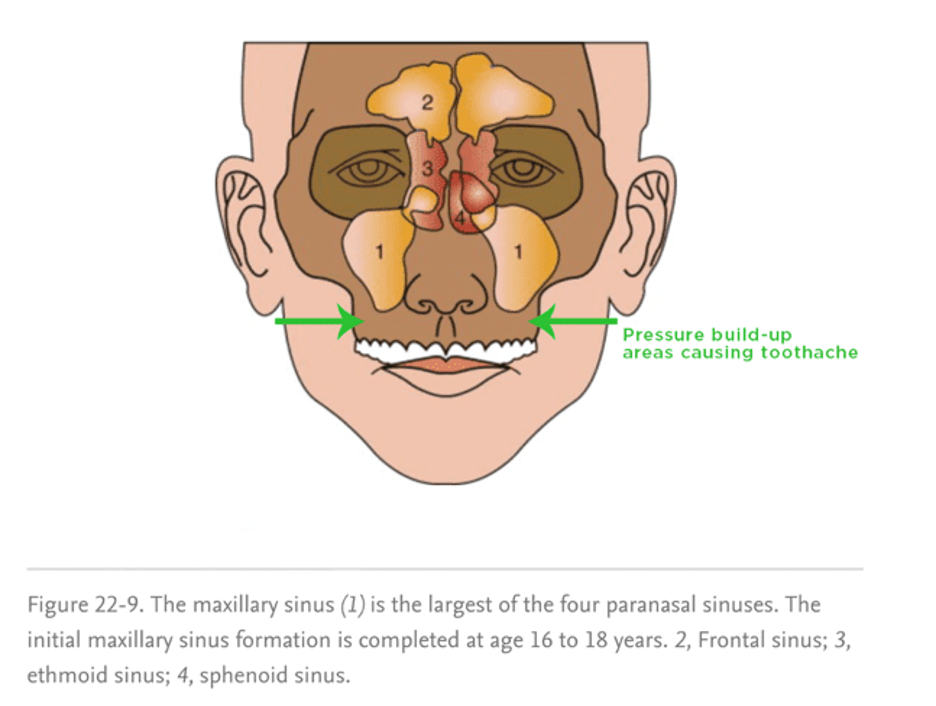Springtime toothaches | Allergies and sinus pressure
Seasonal allergies can stuff up your day. We’re all for the warmer months, but the allergies they bring are not so welcome. Toothaches are also common when allergies are in town. See how toothache, allergies, and sinus pressure all go hand-in-hand.
When the winters are icy-cold for months on end, plants freeze over, and so does pollen. When the winters are mild, the grasses can grow at a small degree all year round. That means they continue to let off pollen all year. In either situation, springtime thaws what’s left after winter.
Springtime means environmental irritants are out in full force. The grasses and weeds paired with the wind toss irritants for miles. Your body doesn’t like when you inhale these tiny particles of pollen and dust. It tries its best to keep the harmful stuff out and releases chemicals called, “histamines.” This results in:
- Runny nose
- Itchy eyes
- Sinus pressure
- Increase in mucus production.
The body’s response to an allergy is to absorb the outside irritant in mucus. This can cause you serious congestion and grief. A side effect of this is more pressure in your maxillary sinus area. That’s located under your cheekbones. Your back molars are also in the same area. They’re close together. So, when pressure is built up, tooth pain is almost inevitable.
Some allergy sufferers link their mouth misery to tooth decay, but the combination of allergies and sinus pressure is a common cause! Your dentist can tell if your toothache is simply sinus pressure or something more.
If you have pain in your sinuses or a toothache, the worst thing to do is ignore it. Even though it’s “just allergies,” these problems can impact your quality of life! Lean forward and press your fingers against your cheekbones. If your pain or toothache increases, it’s probably sinus-related.
Clues your tooth pain is not from allergies and requires a dental visit:
- You have a history of dental problems.
- Your pain is confined to one specific tooth.
- Tooth pain persists, even after allergy symptom and pressure has subsided.
To see what’s best for your allergy-inspired toothache, talk with your dentist and your doctor. Seasonal allergies affect everyone differently. Don’t wait for the pain to disappear – spring into action!
Your dentist and doctor can give you the most accurate diagnosis for your specific problems. If you use an inhaler to combat your allergies, don’t forget that the inhaler can affect your oral health too!
*Updated May 2024


